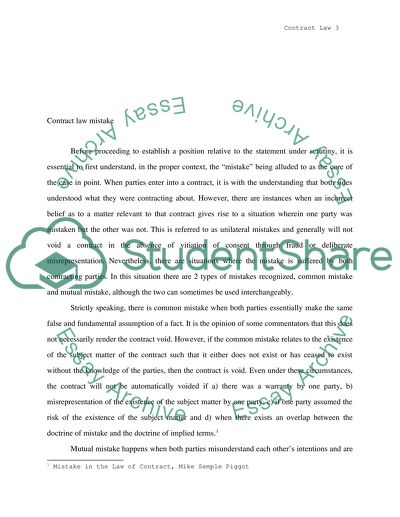Cite this document
(“Mistake On Contract Law Case Study Example | Topics and Well Written Essays - 2250 words”, n.d.)
Retrieved from https://studentshare.org/law/1523530-contract-law-mistake-essay
Retrieved from https://studentshare.org/law/1523530-contract-law-mistake-essay
(Mistake On Contract Law Case Study Example | Topics and Well Written Essays - 2250 Words)
https://studentshare.org/law/1523530-contract-law-mistake-essay.
https://studentshare.org/law/1523530-contract-law-mistake-essay.
“Mistake On Contract Law Case Study Example | Topics and Well Written Essays - 2250 Words”, n.d. https://studentshare.org/law/1523530-contract-law-mistake-essay.


